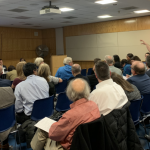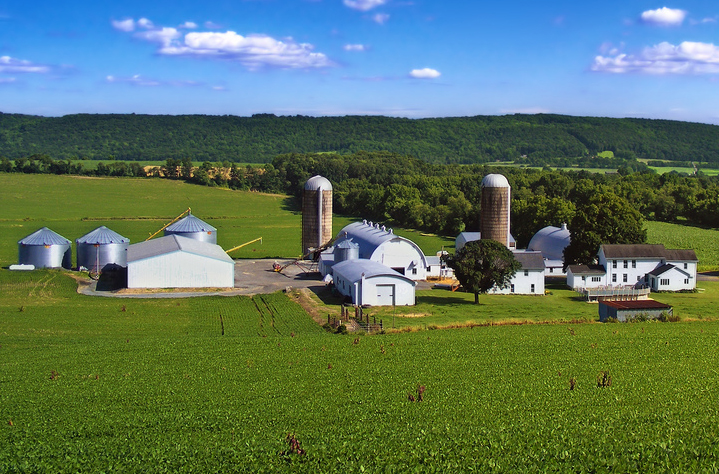New Jersey Future Blog
New Jersey Future’s Comments on CSO Long Term Control Plans
March 15th, 2021 by Moriah Kinberg
New Jersey Future submitted comments on the Selection and Implementation of Alternatives Reports (SIARs), the final report for the combined sewer overflow (CSO) Long Term Control Plans (LTCPs). Our comments focus on five plans covering the areas where we have been most active: the Passaic Valley Sewerage Commission (PVSC), the cities of Bayonne, Paterson, and Perth Amboy, and the Jersey City Municipal Utilities Authority (JCMUA). Together, these four municipal reports represent 42% of CSO outfalls and 33% of the population living in combined sewer service areas across New Jersey.
Tremendous amounts of work have been done by all 25 of the combined sewer overflow permit holders, New Jersey Department of Environmental Protection (NJDEP) Division of Water Quality, Supplemental CSO Team members, and additional community members and stakeholder groups to bring us to this point. We appreciate the open lines of communication with the NJDEP and the CSO permit holders and the continued discussions throughout the permit process.
Representing a combined investment of up to $3.5 billion, New Jersey’s proposed CSO solutions are a generational opportunity for Governor Murphy’s Administration and the affected municipalities and utilities to achieve their goals for:
- Clean water—by reducing the pollution in our waterways and increasing the implementation of green infrastructure.
- Environmental justice—by ensuring that the needs and values of overburdened communities are not only addressed but prioritized.
- Climate resilience—by selecting projects and approaches that will protect public health and safety today and in the future.
New Jersey Future reviewed the SIARS reports as a champion of smart growth; as a member of the cross-sector Jersey Water Works collaborative, which has developed goals for Smart CSO Plans; and as a member of the Sewage-Free Streets and Rivers Campaign, which amplifies the voices of grassroots organizations and residents of environmental justice communities with combined sewer systems.
While there is much to commend in the five proposed SIARs that we reviewed in depth, each falls short of what is needed for clean water, environmental justice, and climate resilience. The following recommendations include specific revisions NJDEP should require before approval and also critical new measures to be included in the forthcoming five-year permits that will govern implementation.
Implementing CSO solutions will be the most expensive public works investments these communities will make in a generation, and they will be paid for by the residents and businesses who already suffer from dysfunctional infrastructure. CSO solutions must advance community priorities, treat residents fairly, and ensure public health and safety into the future; otherwise they lock these communities into the status quo for decades to come.
New Jersey Future’s looks forward to seeing final LTCPs and future permits that include CSO solutions that are not only compliant but lead to stronger, healthier, more resilient communities for everyone.
Read the full comments.
Related Posts
 November 29, 2022 NJDEP Finalizes Water Infrastructure Investment Priorities for 2023
November 29, 2022 NJDEP Finalizes Water Infrastructure Investment Priorities for 2023 September 15, 2020 Greening the Garden State: These Three Towns Show You How!
September 15, 2020 Greening the Garden State: These Three Towns Show You How!  February 20, 2020 Climate-Ready CSO Solutions Forum
February 20, 2020 Climate-Ready CSO Solutions Forum August 19, 2011 What makes a great place to live?
August 19, 2011 What makes a great place to live? June 11, 2004 Gardens Leaving Garden State
June 11, 2004 Gardens Leaving Garden State
Posted in Water and Sewer, Water Infrastructure
Tags: Bayonne, CSOs, Jersey City Municipal Utilities Authority (JCMUA), Long Term Control PLans, LTCP, Paterson, Perth Amboy, the Passaic Valley Sewerage Commission (PVSC)
Comments are closed.











